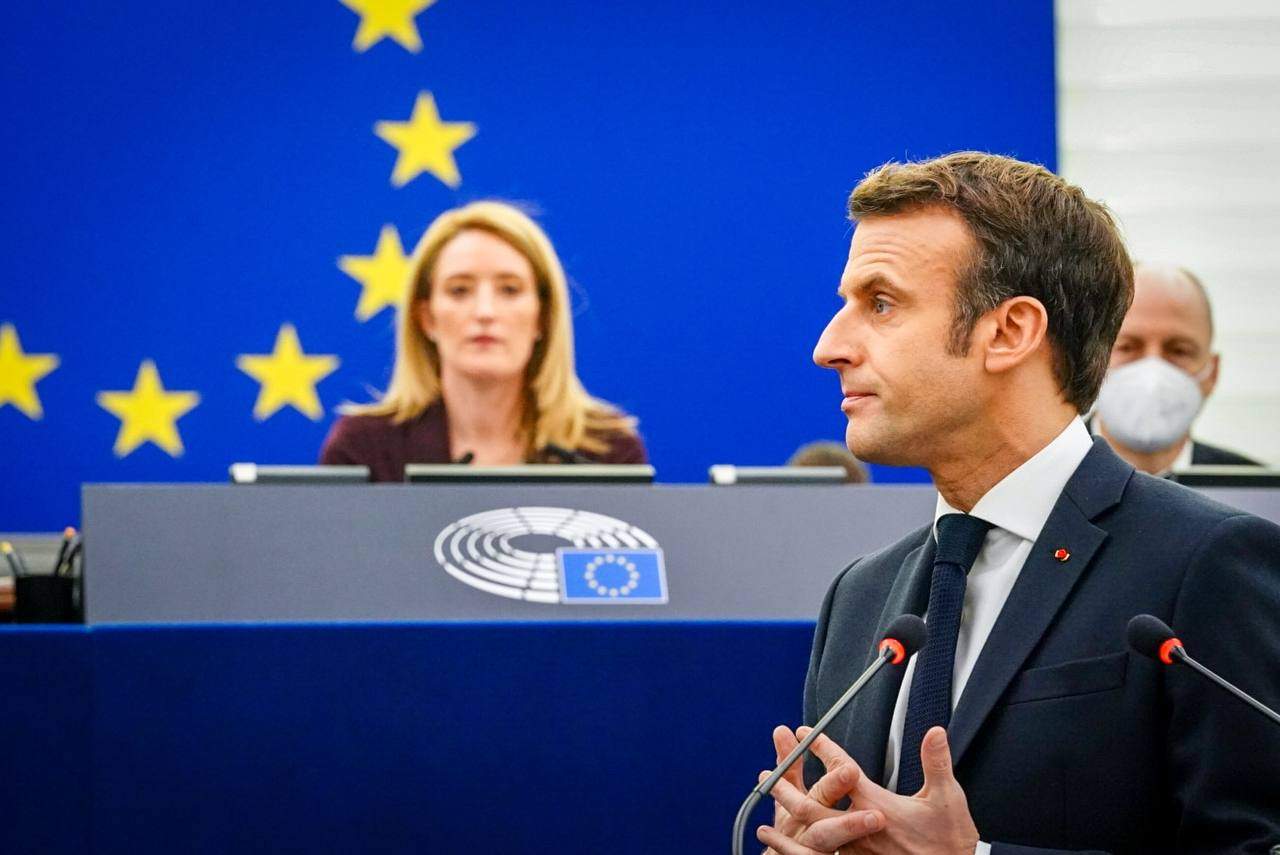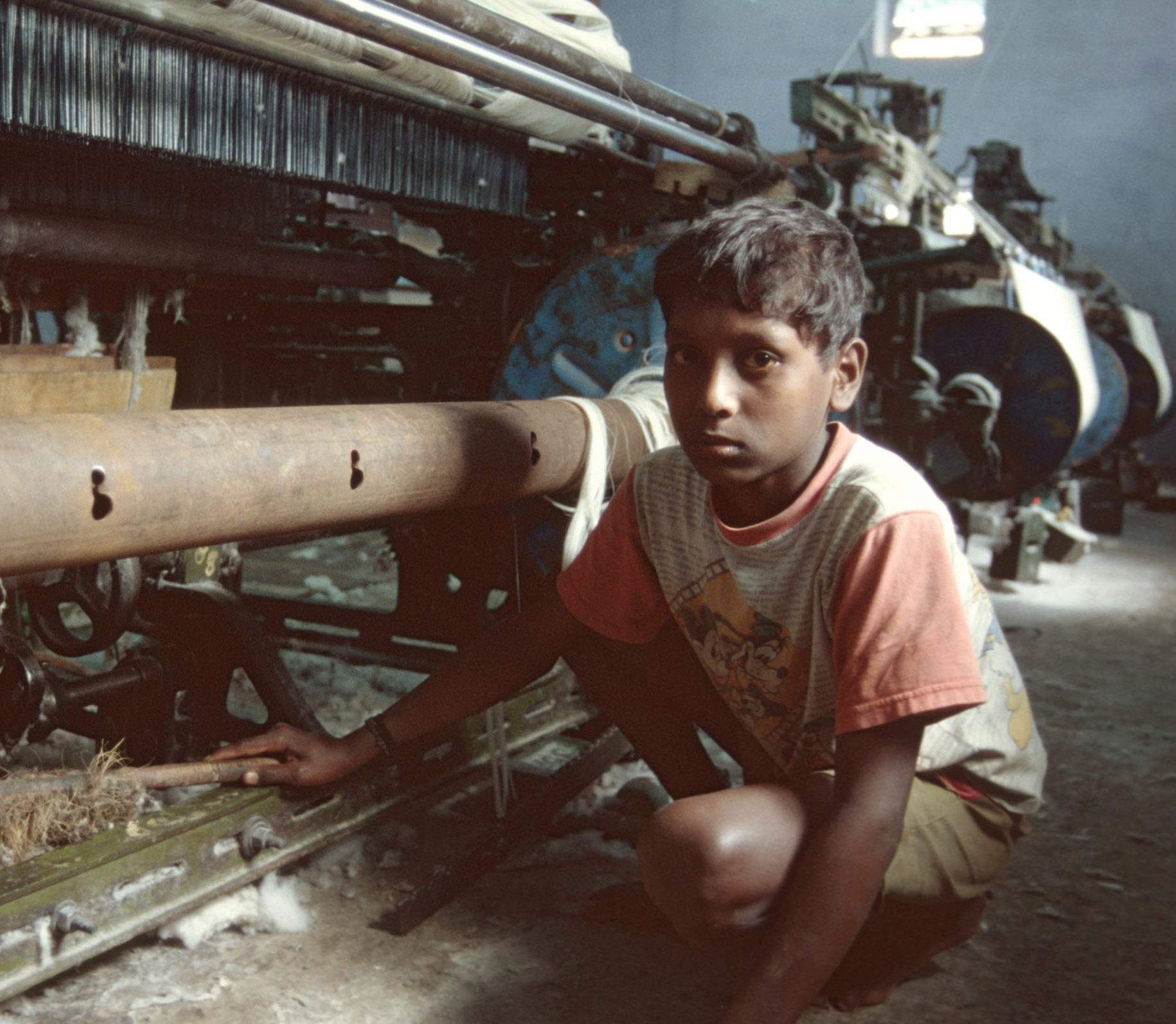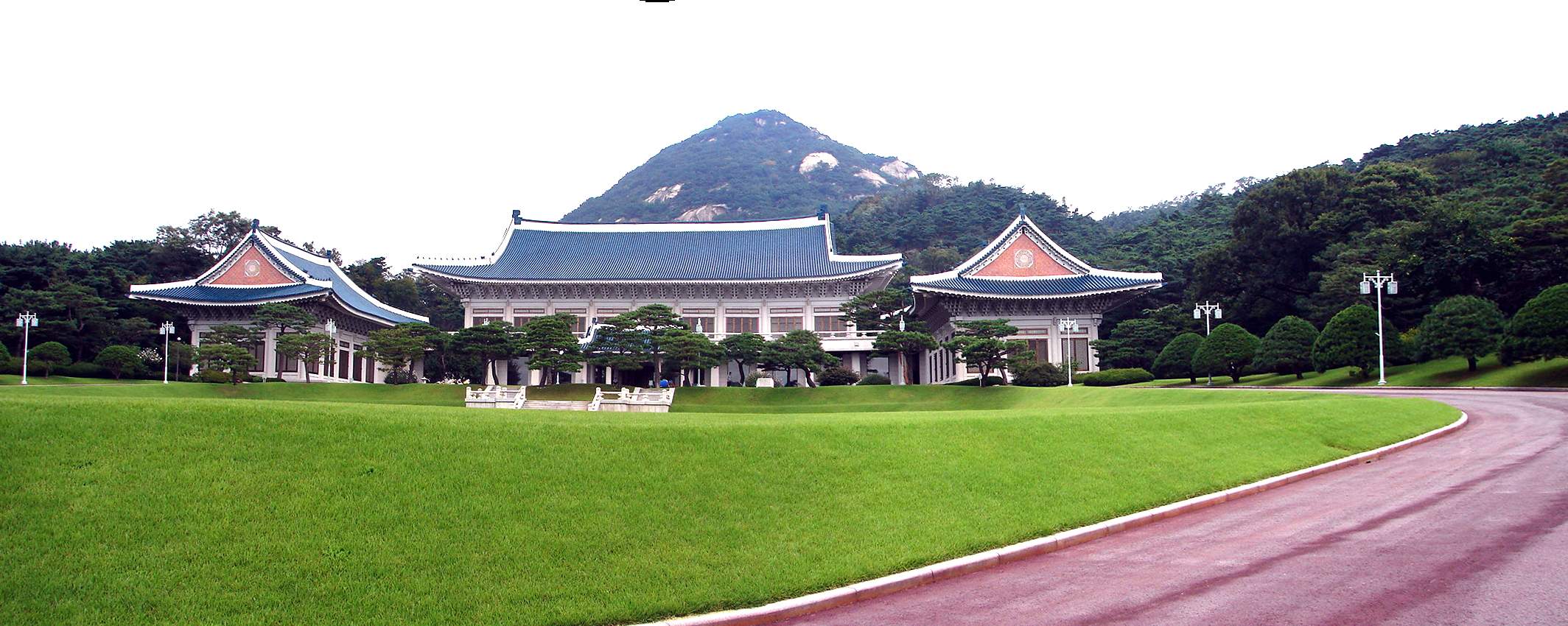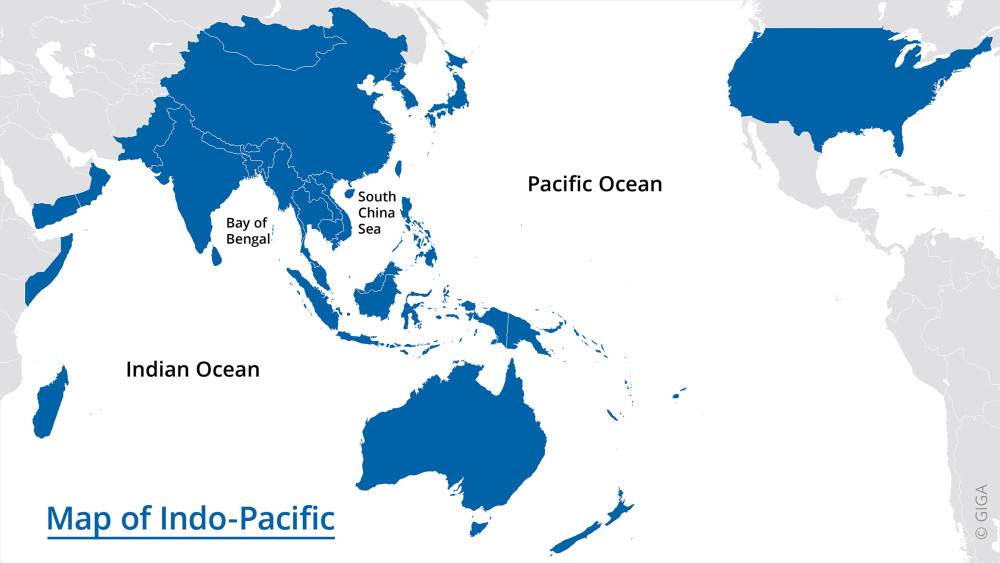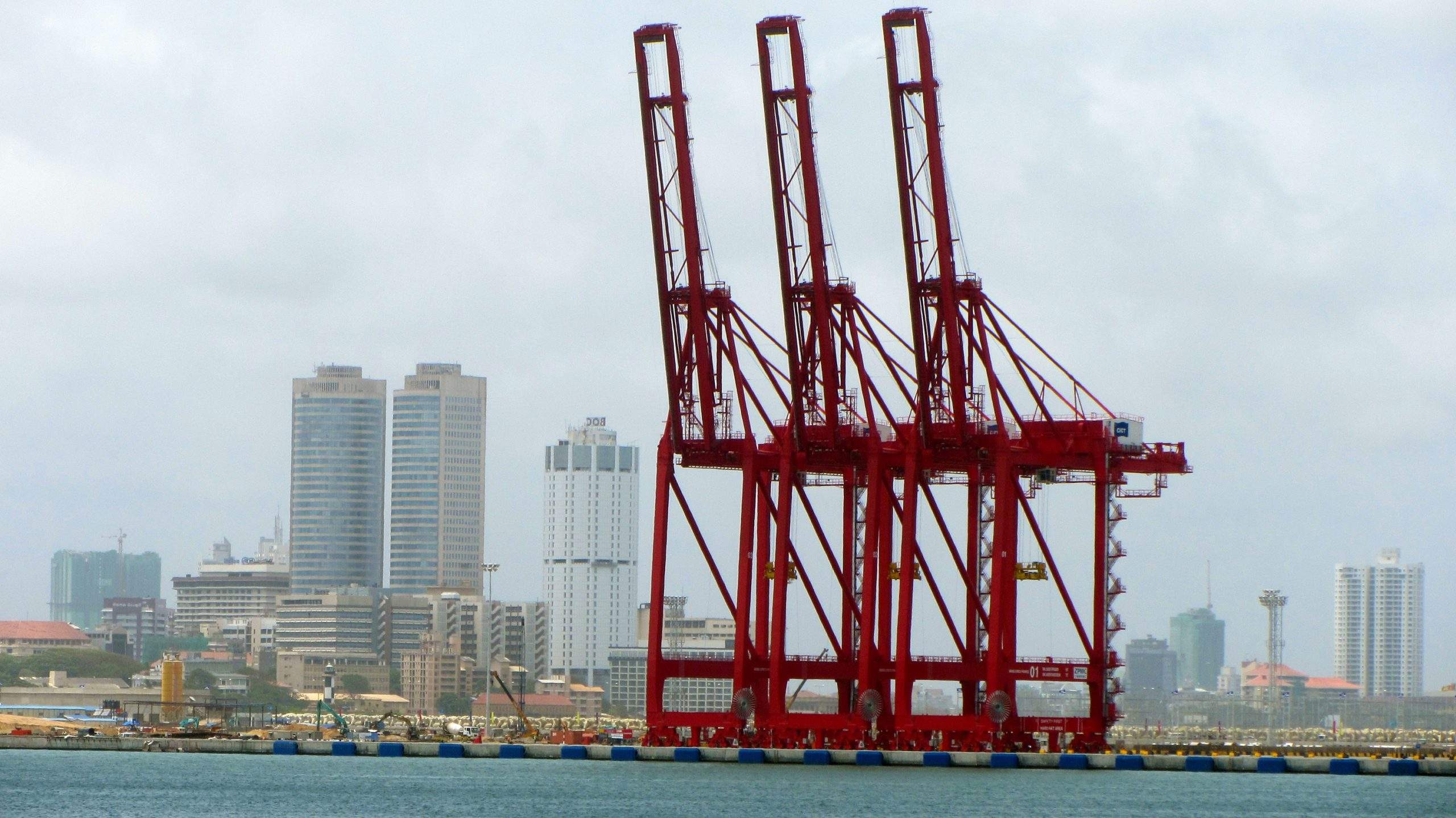
Mongolia’s ‘New Revival Policy’: What Opportunities does it Present for the EU?
The end of 2021 saw Mongolia’s State Great Khural (parliament) ratify the ‘New Revival’ policy. As the COVID-19 pandemic led to Mongolia’s largest economic contraction since 1990 (-5.3%), the policy aims to ensure political and macroeconomic stability, accelerate public-private partnerships, create a favourable business environment, further open up the state to foreign and domestic investment, and implement fiscal reforms.



